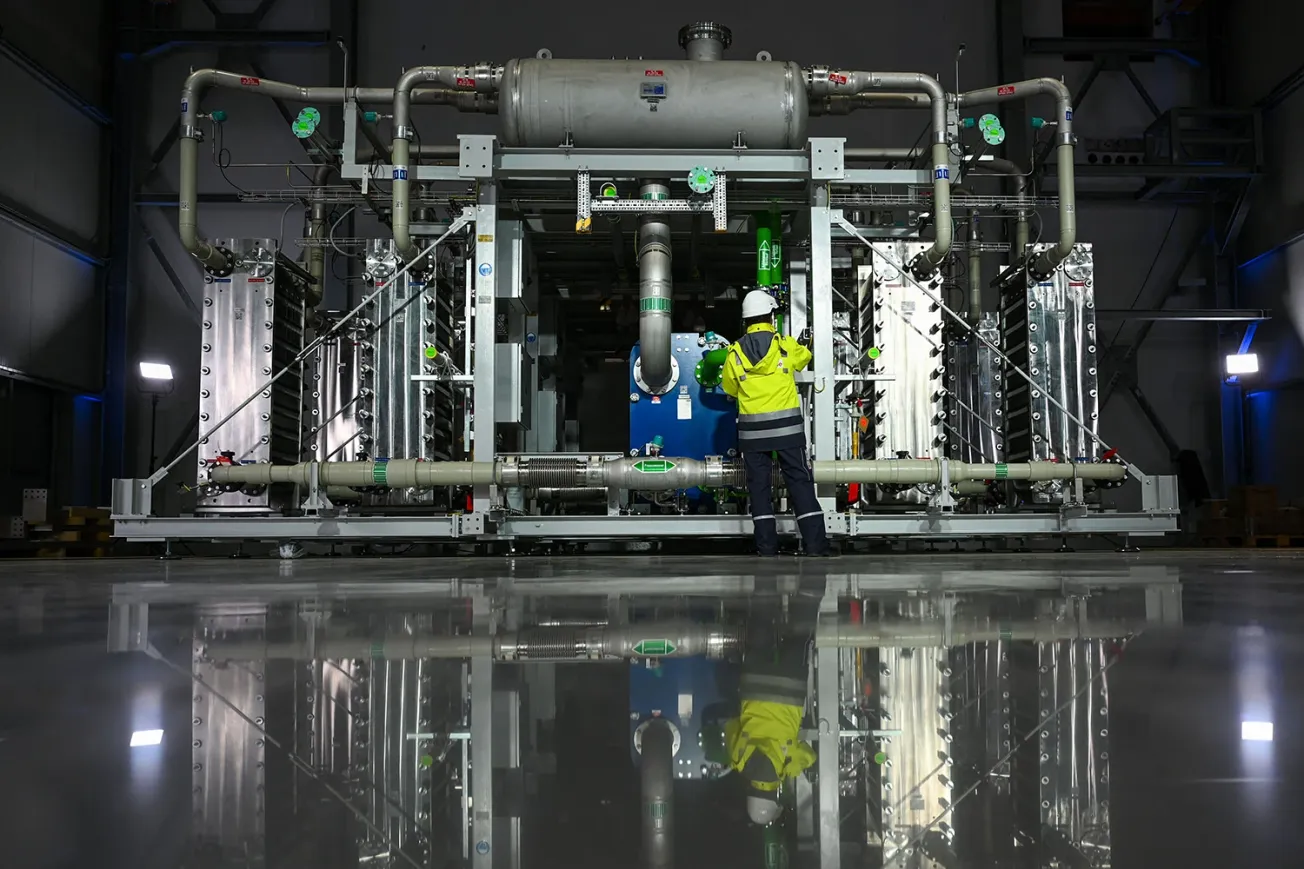Table of Contents
Stuart Smith
National MP
Kaikoura
Hydrogen was created in the big bang and is the most abundant element in the universe. It is a clean, flexible and energy-efficient fuel. It can be burnt in an internal combustion engine with the only emission being water. In a fuel cell hydrogen combines with oxygen to produce electricity.
However, as abundant as hydrogen is as a gas, it is very scarce as it is so reactive. We have to free it by various means which are classified by colour, such as green hydrogen (from electrolysis) and blue (from natural gas with carbon capture) hydrogen.
But it is “white” hydrogen that is naturally occurring. This is the geological hydrogen that has created some excitement recently. There have been a few articles claiming that significant reserves of natural hydrogen may exist beneath our feet and extracting it could be cost-competitive, even outperforming natural gas in terms of pricing.
Scientists have long contended that exploitable pockets of geological hydrogen are more abundant than previously believed. Examples such as the burning gas at Chimaera in Turkey and other marvels in various locations demonstrate the potential. Recent studies suggest that there may be enough accessible hydrogen underground to meet global demand for centuries.
It is claimed the one advantage of white hydrogen over fossil fuels is that it can be produced perpetually through a chemical process in the Earth’s crust and mantle. Additionally, geologists are proving that hydrogen can survive its journey upward through the Earth’s crust and accumulate in exploitable quantities.
Yet, challenges remain. The costs of drilling for hydrogen need to be competitive with natural gas, and the purity of extracted hydrogen must meet certain standards. If these hurdles can be overcome, white hydrogen could replace green and blue and find applications in diverse industries, offering a cleaner energy alternative.
The race is on to find the first commercially viable white hydrogen and, if it happens, it is expected to trigger a frenzy of interest. The potential economic and environmental benefits make it an exciting prospect for the future.
All that said, I remain somewhat sceptical, but hope to be pleasantly surprised.









